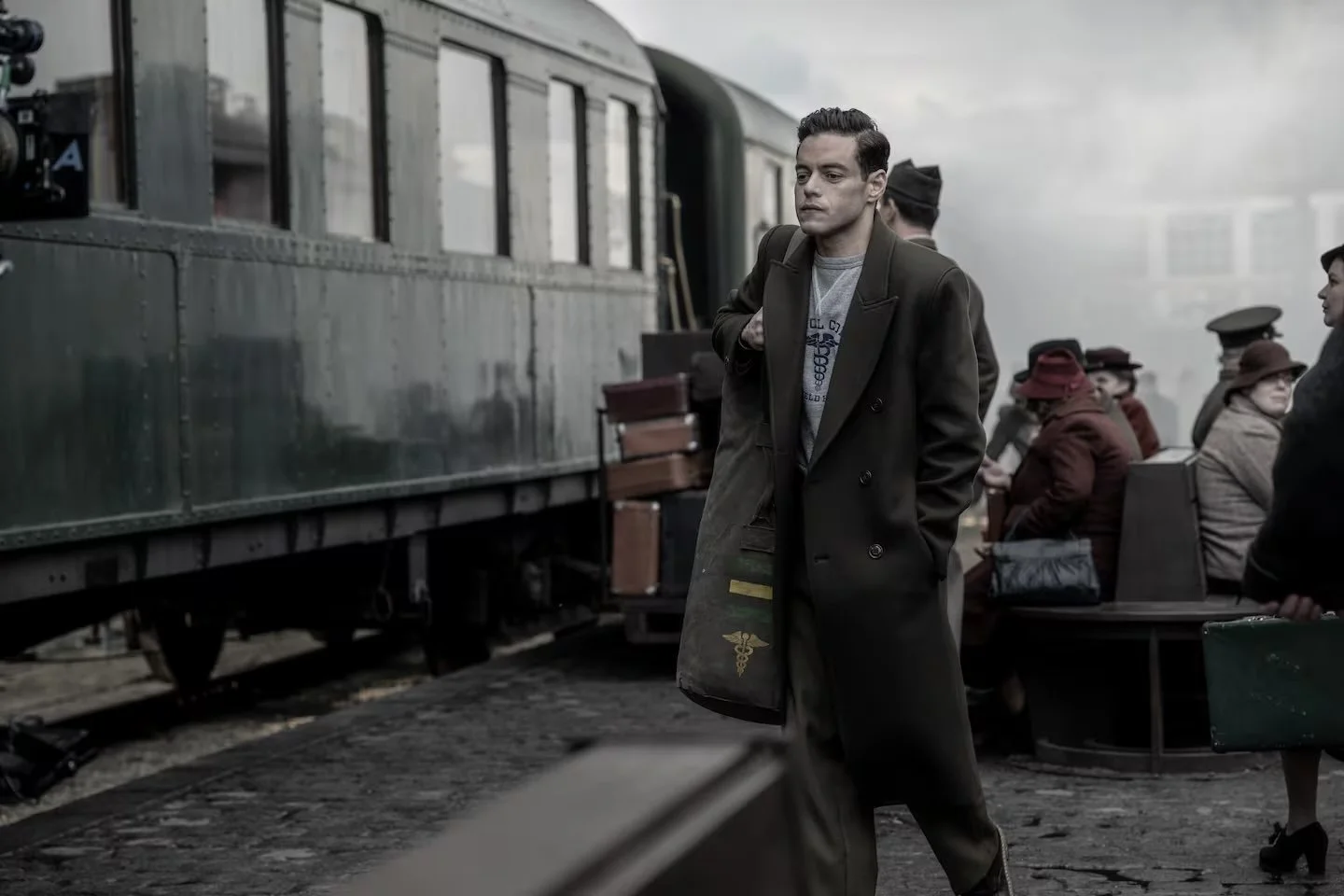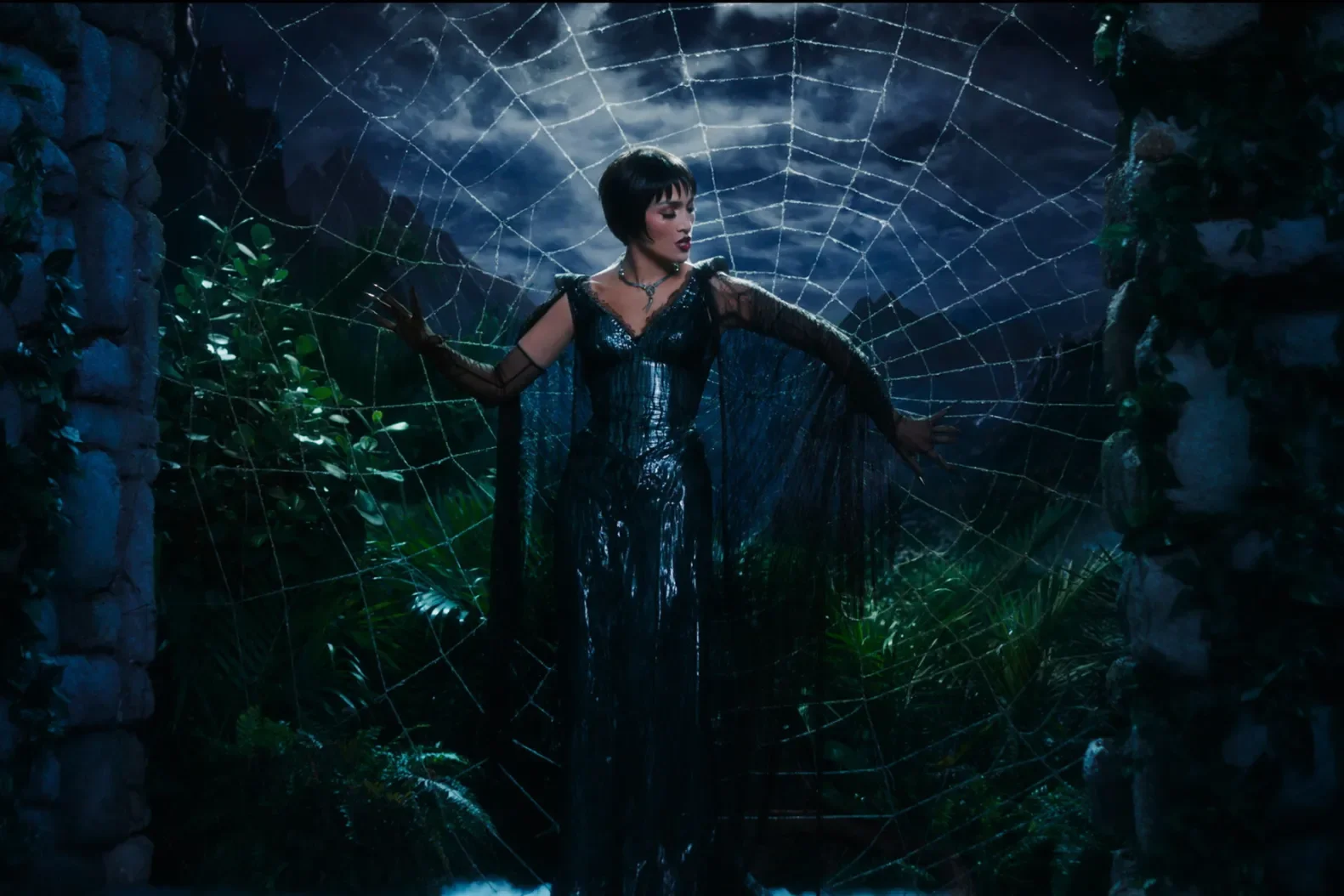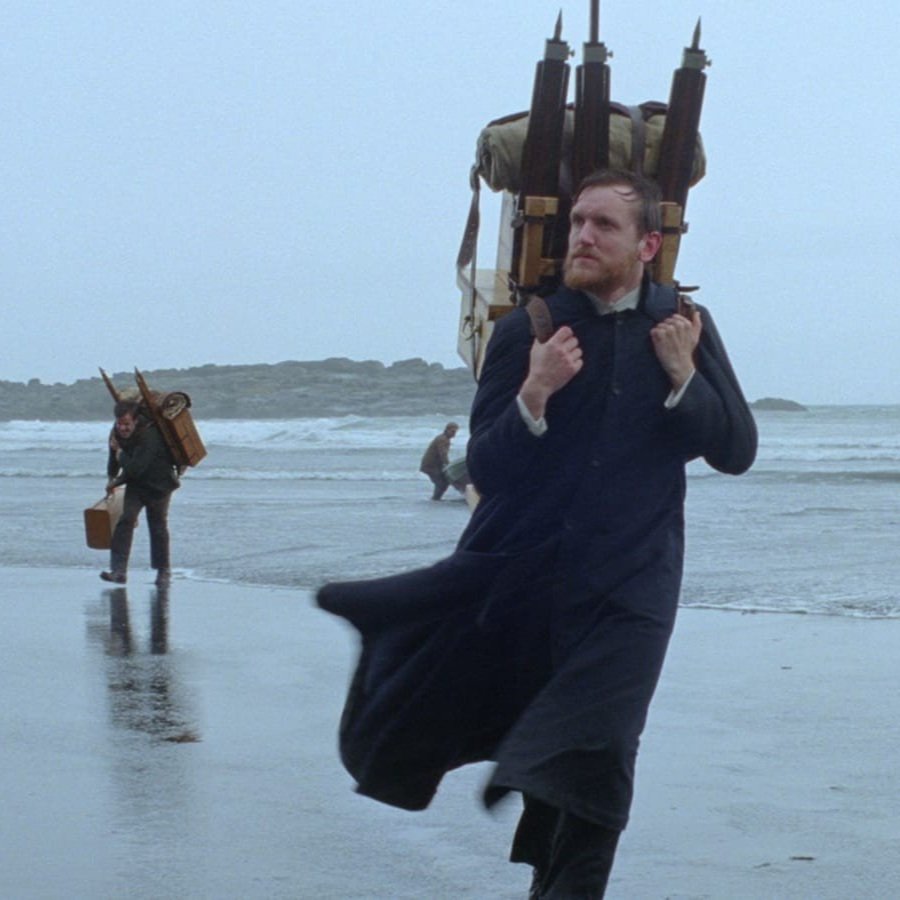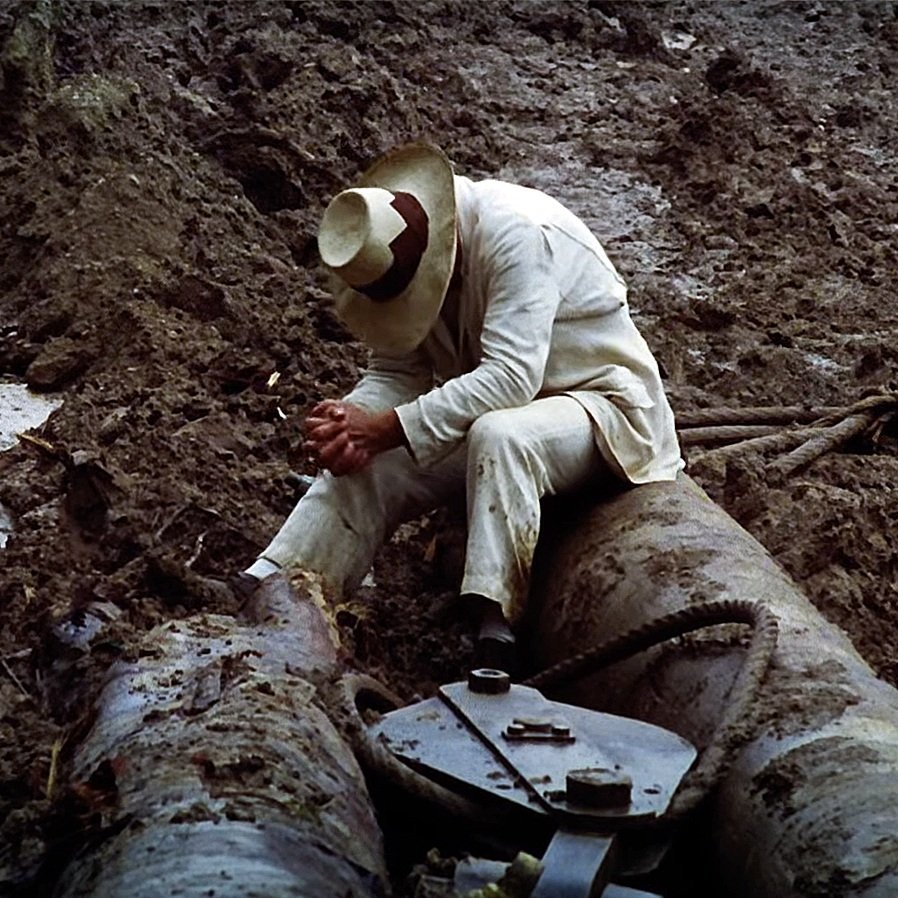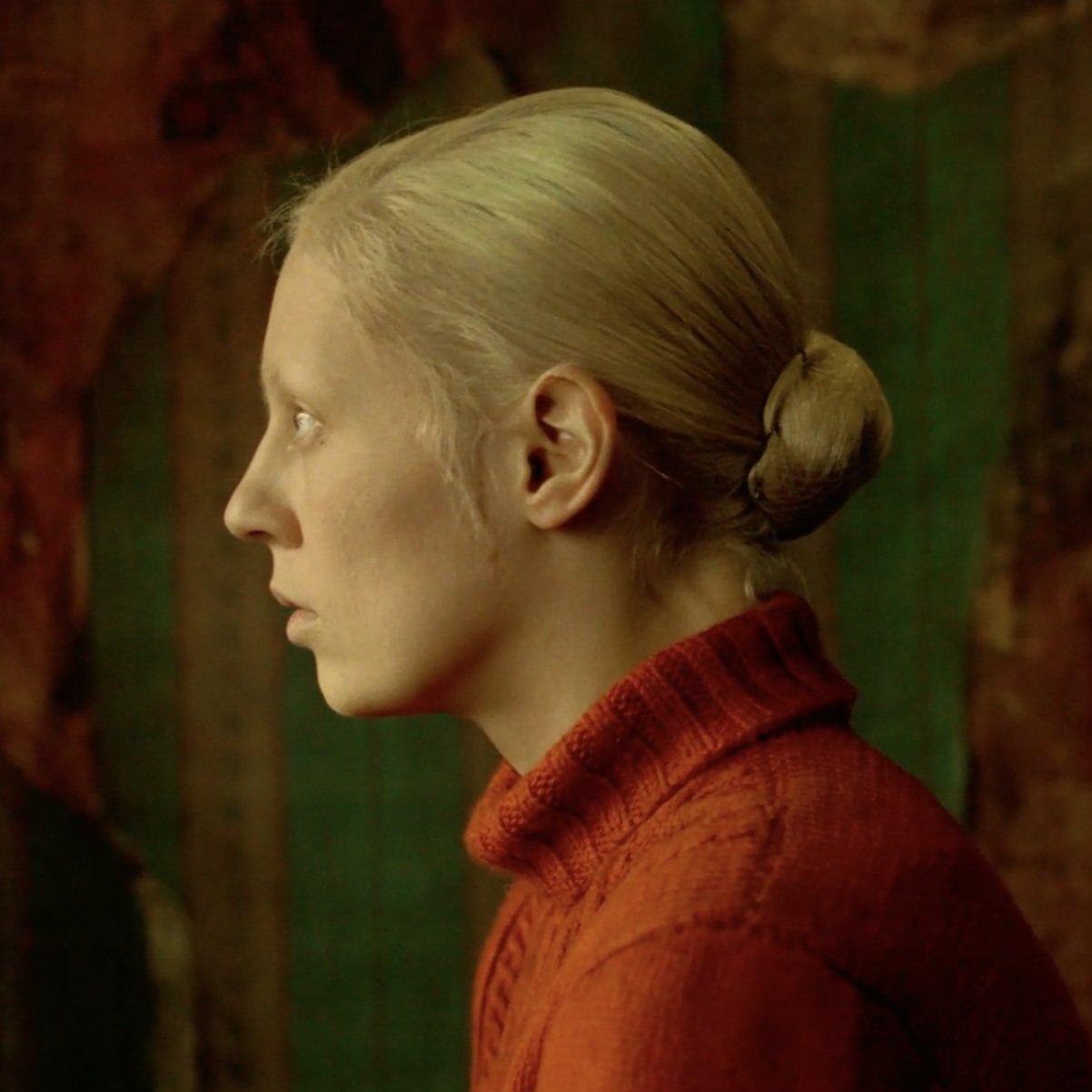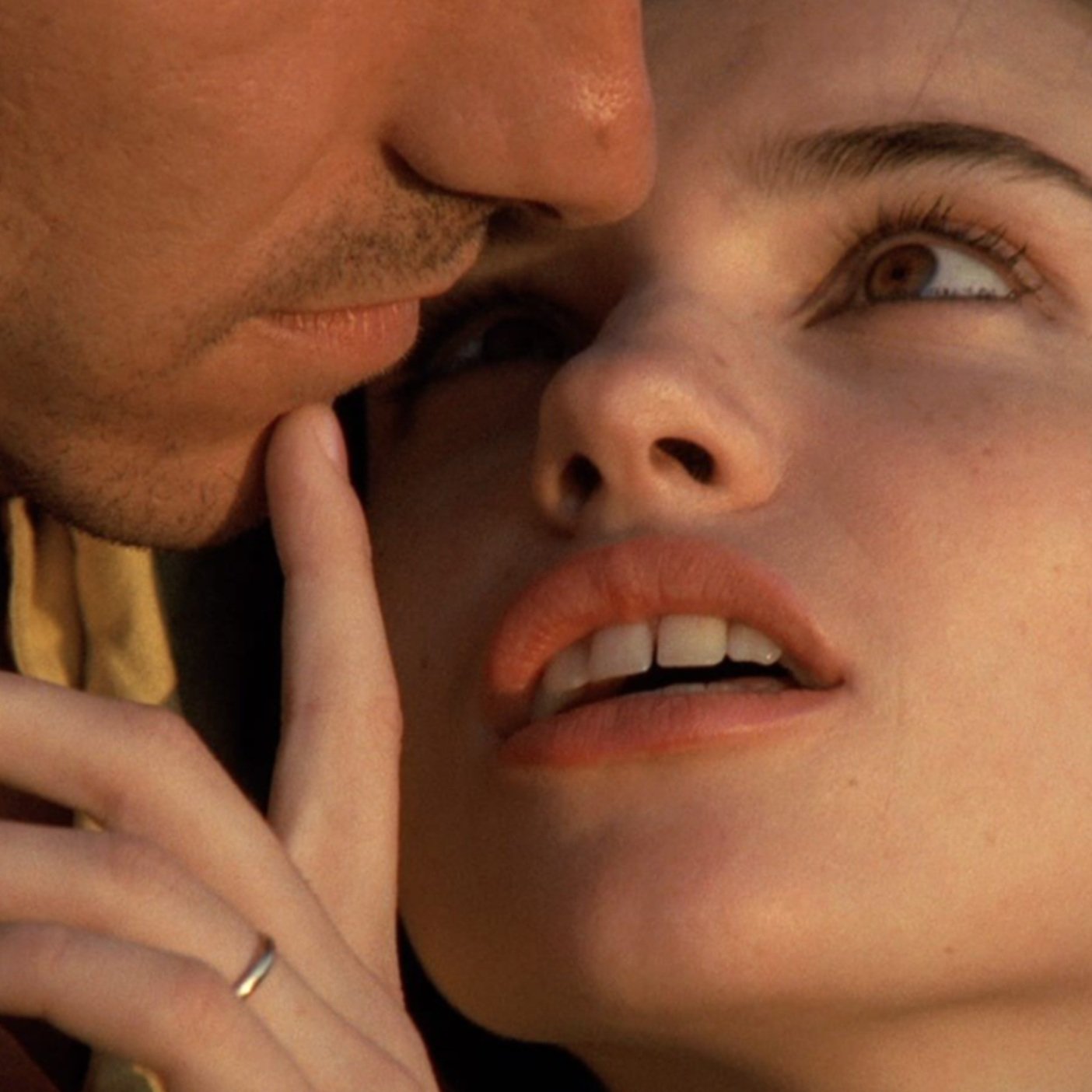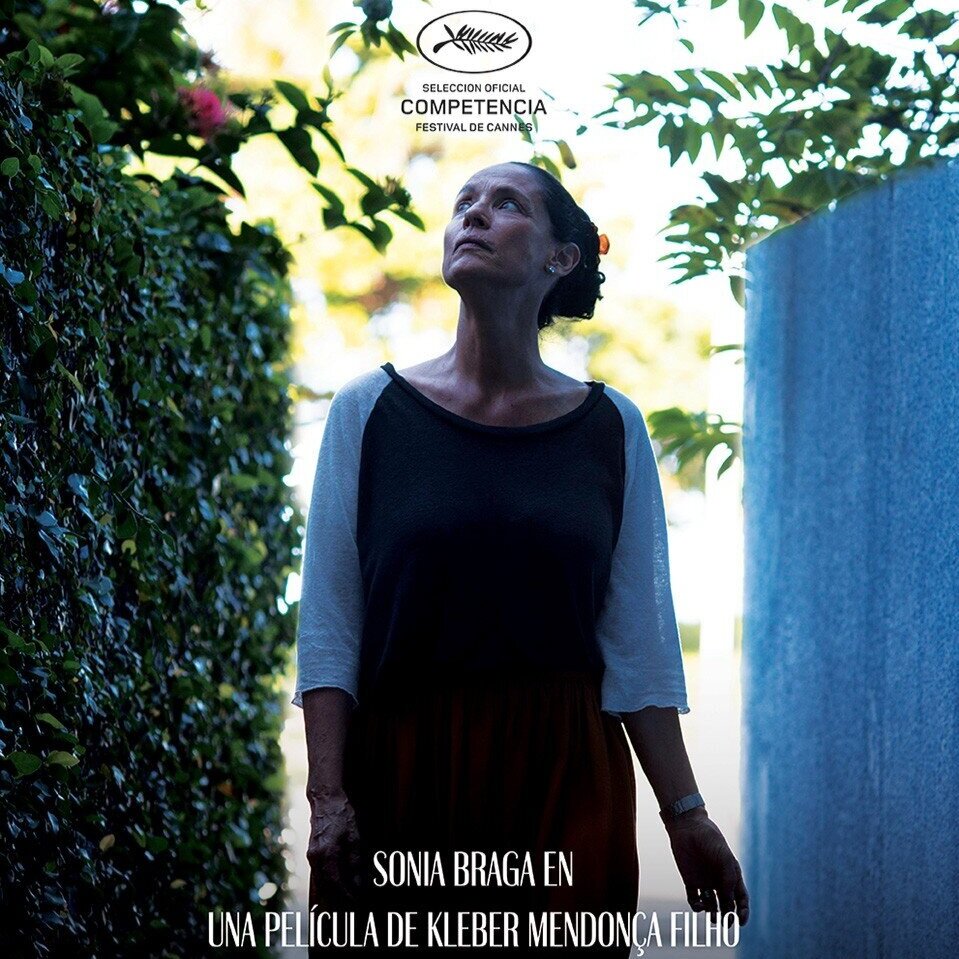The Rain’s Misery & Majesty: The Fallen Priest of Godland
“I don't know if I'm allowed to tell this story, but here goes.”
I always love those moments in the movies when you take a complete gamble on something unknown and see what happens next. A leap into the celluloid darkness. I’ve been doing this a lot on The Criterion Channel lately, where the only real frame of reference one has is the thumbnail and the briefest of teasing synopsis. They’re not all winners of course, but there’s a faith in the Criterion’s selections which lends itself to disproportionately more hopeful outcomes more often than not. Hlynur Pálmason’s 2022 Godland is one of those unexpected gems found deep within the miasma of modern streaming platforms, which for me are increasingly becoming like the old familiar monotony of scrolling up and down the cable guide looking for something to watch. It’s the opposite of a platform recommending something ‘For You’. The best movie choices are the ones where you roll the dice on something unfamiliar, perhaps even in a different language, and see what happens next. Don’t give me more of what I already like. Give me something I’ve never seen before.
”I am not a man of big important thoughts.”
Godland tells a simple story of a Danish missionary, Lucas, sent to Iceland in the nineteenth century to bring Christianity to a remote outpost of indigenous settlers. Lucas doesn’t speak Icelandic, so is accompanied by a translator, though there really isn’t much dialogue throughout the film, with the incredible natural environments afforded all the time to just be on screen. We’re treated to majestic waterfalls and harsh ravines as much as we’re taken through stormy seas and brutal snowstorms. We feel the environment and our human smallness within it as Lucas and his caravan make their way through it all. The cinematography is gorgeous, and takes its time with Iceland’s beautiful landscapes, giving them ample time to become the lead in the movie itself.
”Sometimes someone has to die so someone else can be born.”
It’s not so much a tale of bringing God to the Godless as in more traditional missionary movies such as Scorsese’s Silence, but more an exploratory test of faith for those tasked with the work. For as stunning as the scenery is, there is always human violence within it. Lucas is a complicated character, not fully engaged in wanting to do any of this, and with a quick temper he’s far from the kind of Christian advocates we’re used to seeing in the movies. He withdraws when his crew faces setbacks, and ultimately falls ill prior to his arrival in the small settlement he’s charged with building a church for. Nursed back to health by two of the community’s young daughters, Lucas finally builds his church, but still, all is not well. I’ll not spoil the ending for you, but it’s well worth investing the two hours of buildup which come before it, as there’s a delicious twist in the tale before the credits roll which you won’t see coming.
”It's alright. You'll become part of the grass and the flowers. It's beautiful.”
Throughout the film, Lucas takes photographs of the people and places he encounters, and the film is framed through his journey’s documentation. As the film ends we get to see the photographs he’s taken, and we are led to believe they are the real images which have inspired the story, with Pálmason blending fact and fiction to make the tale feel real enough to be convincing. The story isn’t true, but there’s enough in it to make it feel as if it really is, and this aspect of the film’s historical fiction is truly wonderful. Similarly, tales of compromised or less-than-holy men of God aren’t anything new, but in Lucas we see a man struggling not just against the elements, but against his own will to become violent. He reaches for goodness but knows he can never get there in the face of the environment he’s in. His own behavior is echoed by the violence of the weather around him.
“I won't become violent.”
But the most incredible aspect of the film is Pálmason’s ability to make us feel the harshness of the environment. Everything is always cold and wet. The wind bites as it whips the traveler’s faces. The sea roils as it crashes against the cliffs. The icy waterfalls are far from gentle as our protagonists bathe underneath them. Godland isn’t just the name of the film, it’s also a description of its main character. The breathtaking heavenly beauty of the Icelandic terrain is itself taking a journey from shore to settlement. But it’s a violent journey far from the peaceful hopes of faith those who cross it hold. It’s violent in weather but also inflicts violence upon anyone who enters it. And by the time the credits roll, we realize that the movie isn’t something we’ve watched, but survived.
Popular Reviews





